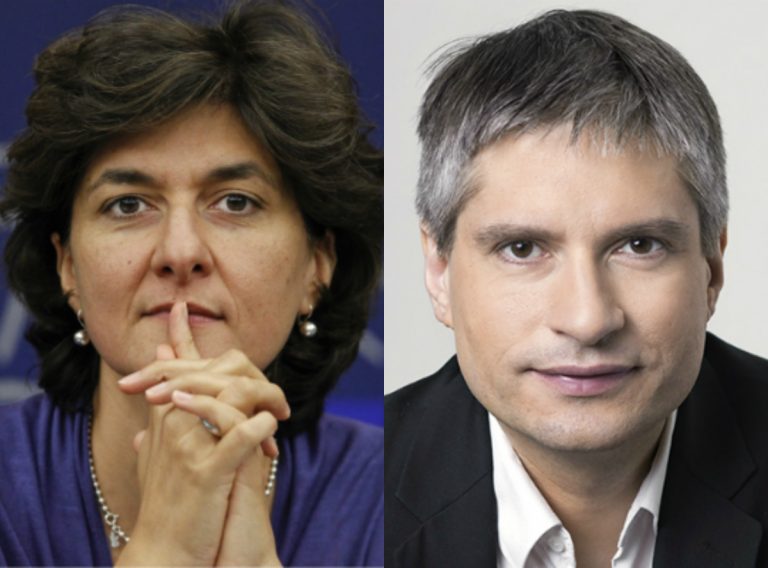Who will be the next President of the European Commission? The discussion currently focuses on one name. However, there are over 30 European positions to be filled: the 27 other Commissioners, including the High Representative of the External Action Service, the Presidency of the European Council, or even the President of the European Parliament. The committee chairmen and the political group leaders in the Parliament also need to be appointed.
The people who will be selected to lead Europe will have the onerous responsibility of ensuring, in difficult circumstances, the re-launch of the economy and of once more giving confidence to Europe’s citizens and to their external partners.
The next players in “Team Europe” must therefore be selected based on their competencies, while respecting the results of the elections and geographical diversity. For us, it is also important to already state that this team must also be a balanced one, that is to say with an equal number of men and women in it. Member State governments seem more ready to take this into account than they have been in the past, which should be applauded.
It is not enough to give the Sakharov Prize to the young Malala Yousafzai, attacked for having wanted to go to school. Nor is it sufficient to be outraged when young girls are kidnapped to prevent them from receiving an education. The best response to fanaticism and to degrading half of humanity is to undertake concrete actions. Respecting gender parity in the top positions of the European institutions would give a message to the world…and to European employers who continue to pay men more than women, for the equivalent work. It would also send the signal that the political class does not eschew the principles which it imposes on companies, for their Boards of Directors.
Gender parity also enhances the possibility of greater efficiency: by increasing the size of the pool, the available profiles become more varied. Nowadays there are a sufficient number of highly qualified and experienced women. Women now make up the majority of those receiving higher education qualifications.
Lastly, parity also changes the image of an institution. Often the European institutions are perceived to be “remote”. Europe’s citizens cannot identify with them. A quick glance at the photos of Europe’s leaders is sufficient to understand why. When, during the last mandate, the plenary of the European Parliament rejected a candidate which made the Executive Board (and the Governing Council) of the European Central Bank exclusively male, the photograph of 23 men in suits and ties spoke a thousand words.
When it will be time to approve the “package” of nominees, as will be the case during the hearings for the future Commissioners, we will ensure that parity is respected, just as we also wish it to be in the European Parliament. The best solution would be that each government suggests two high quality candidates, one woman and one man. This is not just an important issue for women, it is the chance to build a fairer society and a stronger Europe.
Sylvie Goulard, ALDE, FR
Sven Giegold, Greens, DE
Sophie In’t Veld, ALDE, NL
Othmar Karas, EPP, AT
Alessia Mosca, S&D, IT

